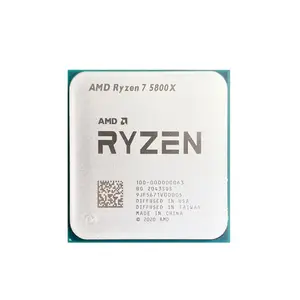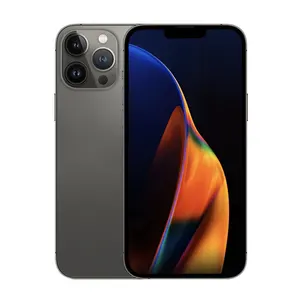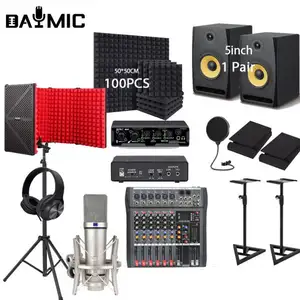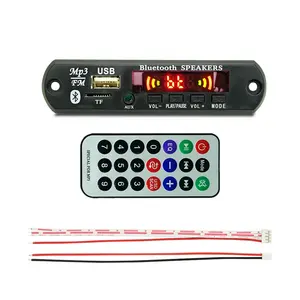Popular in your industry











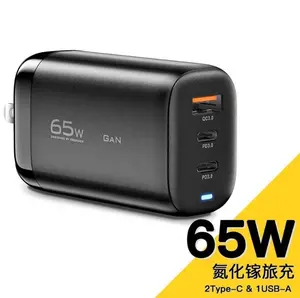









































































































































































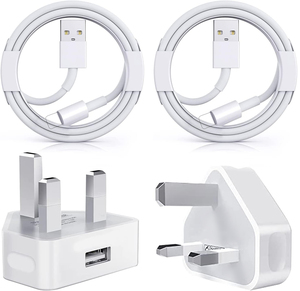



























 Ready to Ship
Ready to Ship














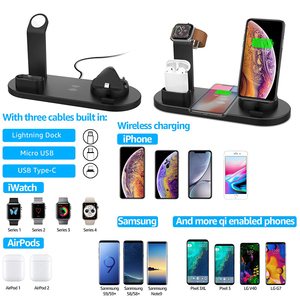


Top categories
About charger
Introduction to Chargers in the Consumer Electronics Industry
In the fast-paced world of consumer electronics, chargers play a vital role in keeping devices powered and operational. From smartphones and laptops to tablets and wearables, chargers are essential accessories that ensure uninterrupted usage of electronic gadgets. In this comprehensive guide, we delve into the various aspects of chargers, exploring their types, features, technologies, and key considerations for buyers in the B2B space.
Types of Chargers
Chargers come in a variety of types to cater to different devices and charging needs. Traditional wall chargers with USB ports are ubiquitous, offering convenient charging for smartphones and tablets. Car chargers provide on-the-go power solutions, ideal for professionals who travel frequently. Wireless chargers have gained popularity for their hassle-free charging experience, especially with the increasing adoption of wireless charging in smartphones and other devices.
Moreover, fast chargers are designed to deliver rapid charging speeds, significantly reducing the time required to power up devices. These chargers leverage advanced technologies like Quick Charge and Power Delivery to optimize charging efficiency. Portable chargers, also known as power banks, are portable energy sources that enable users to charge their devices anytime, anywhere, making them ideal for outdoor activities and travel.
Features of Modern Chargers
Modern chargers are equipped with a range of features that enhance user experience and device safety. Overcurrent protection safeguards devices from excess current flow, preventing damage to batteries and circuits. Short circuit protection ensures that devices are shielded from unexpected electrical surges, minimizing the risk of malfunctions.
Smart chargers incorporate intelligent technologies such as auto-detection of device type to deliver optimized charging performance. This feature enables chargers to adjust power output based on the connected device, ensuring efficient and safe charging. Some chargers also offer LED indicators to communicate charging status, indicating when the device is fully charged.
Technological Advancements in Chargers
The consumer electronics industry is witnessing rapid technological advancements in charger design and functionality. USB-C chargers have become the standard for many devices due to their versatility and higher power output capabilities. These chargers support bidirectional power flow, enabling not only device charging but also device-to-device power transfer.
Furthermore, wireless charging technologies like Qi enable seamless charging experiences for compatible devices, eliminating the need for cables. Fast wireless chargers leverage technologies like electromagnetic induction to deliver quick and efficient charging, making them ideal for busy professionals and tech-savvy users.
Key Considerations for Choosing Chargers
When selecting chargers for your business needs, several factors should be taken into account to ensure compatibility and performance. Consider the power output of the charger, as higher wattage chargers can charge devices faster. Compatibility with devices is crucial, so opting for universal chargers or those specifically designed for your devices is essential.
Moreover, assess the safety features of chargers, including overheating protection and surge protection, to safeguard your devices and prevent potential hazards. Portability and design aesthetics may also influence your choice, especially if you require chargers for on-the-go use or want them to complement your workspace.
In conclusion, chargers are indispensable accessories in the consumer electronics ecosystem, providing the power needed to keep devices running smoothly. By understanding the types, features, technologies, and considerations for choosing chargers, B2B buyers can make informed decisions when procuring chargers for their business operations.
